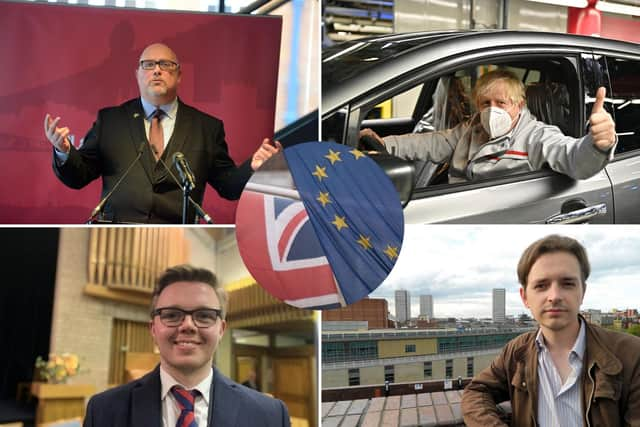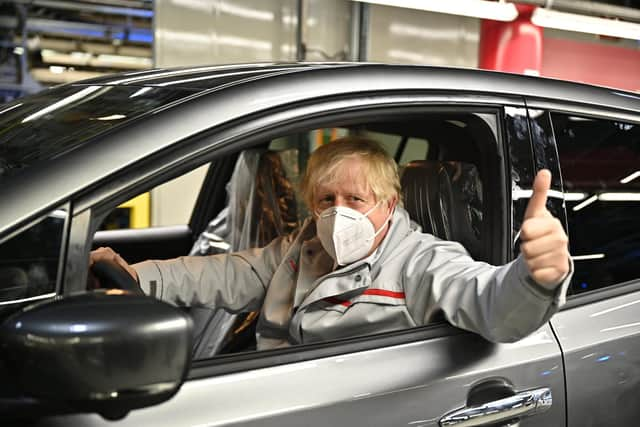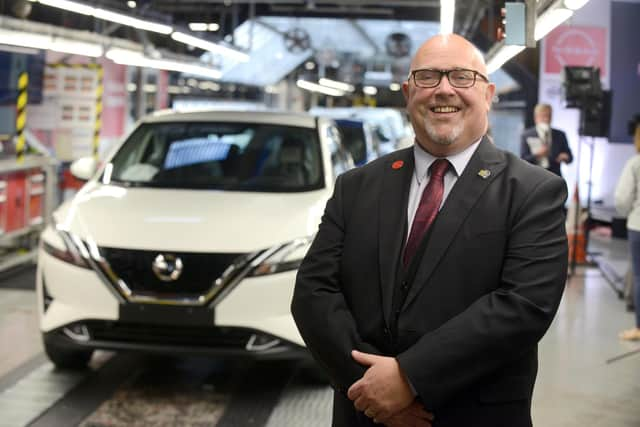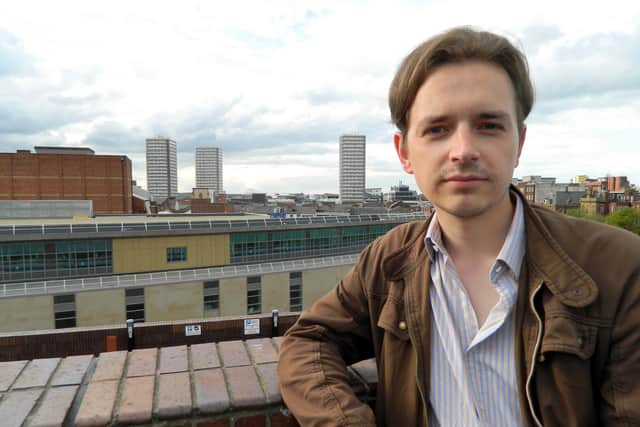Brexit - city leaders in Sunderland have their say six years after historic referendum on EU membership
and live on Freeview channel 276
Since then, the UK has changed Prime Minister twice but remained under a Conservative government, a situation mirrored at Sunderland City Council, which has had three different Labour leaders – albeit under very different circumstances.
The city’s early declaration on the day of the vote made it a symbol of the result to come, with the fate of major employers such as Japanese carmaker Nissan playing a key role in subsequent debates on the issue.
Advertisement
Hide AdAdvertisement
Hide AdGraeme Miller, who has headed the local authority since 2018, voted to remain, but says he predicted the national result would reflect Wearside’s.


“I felt being a member of the EU, as a trading bloc, put us in a strong economic club,” he said.
"But whether we stayed or left, we would still end up trading [with Europe], so I would put myself in the position of a pragmatist.”
Weak economic performance in the years following the referendum have been blamed by some on the decision to leave the European Union.


Advertisement
Hide AdAdvertisement
Hide AdBut Cllr Miller lays the responsibility for this squarely on the door of successive Tory governments who, he claims, have been unable to grasp the opportunities Brexit could have offered.
He added: “Brexit is done, the UK has got control of the powers it needs to get on in the world.
"One of the problems we’ve had is the government hasn’t delivered on anything.
"We’ve got rising energy costs, rising food costs, rising fuel costs, rampant inflation, people desperately struggling to make ends meet – but I don’t think there’s any evidence you can point to, to say that is anything to do with Brexit.”


Advertisement
Hide AdAdvertisement
Hide AdAlthough usually on opposing sides, Cllr Miller’s counterpart in the city’s Conservative Party, Antony Mullen, shares a similarly ambivalent view of Britain’s departure from the EU.
But instead of pointing to government bungling, Cllr Mullen instead highlights the global coronavirus pandemic, which he says has “obscured” the impact of the international divorce.
However the Tory chief, who claims he did not vote in the referendum but could “see the arguments on both sides”, also concedes many of the worst predictions of the cost on the city – including civil unrest and food and fuel shortages – did not come to pass.
And he adds the result may also have handed Sunderland a “political capital”.


Advertisement
Hide AdAdvertisement
Hide AdHe said: “It’s not a direct consequence of the referendum, but I think the culture of Brexit means Sunderland is looked at by government in a way it wasn’t before and there’s been some good will simply because we were the first place to declare.”
The city council’s Liberal Democrat boss, Niall Hodson, was just a few months into his tenure as a councillor when he was “pragmatically pro-Remain” in the referendum.
But he admits the ups and downs of the subsequent years have left him unsure what the future holds.
"Things we thought would go wrong haven’t, but things we didn’t have,” he said.
"No one was really anticipating problems at Dover or in Northern Ireland, these things weren’t really on the cards in 2016, and I think we don’t know what the long term fallout will be.”
